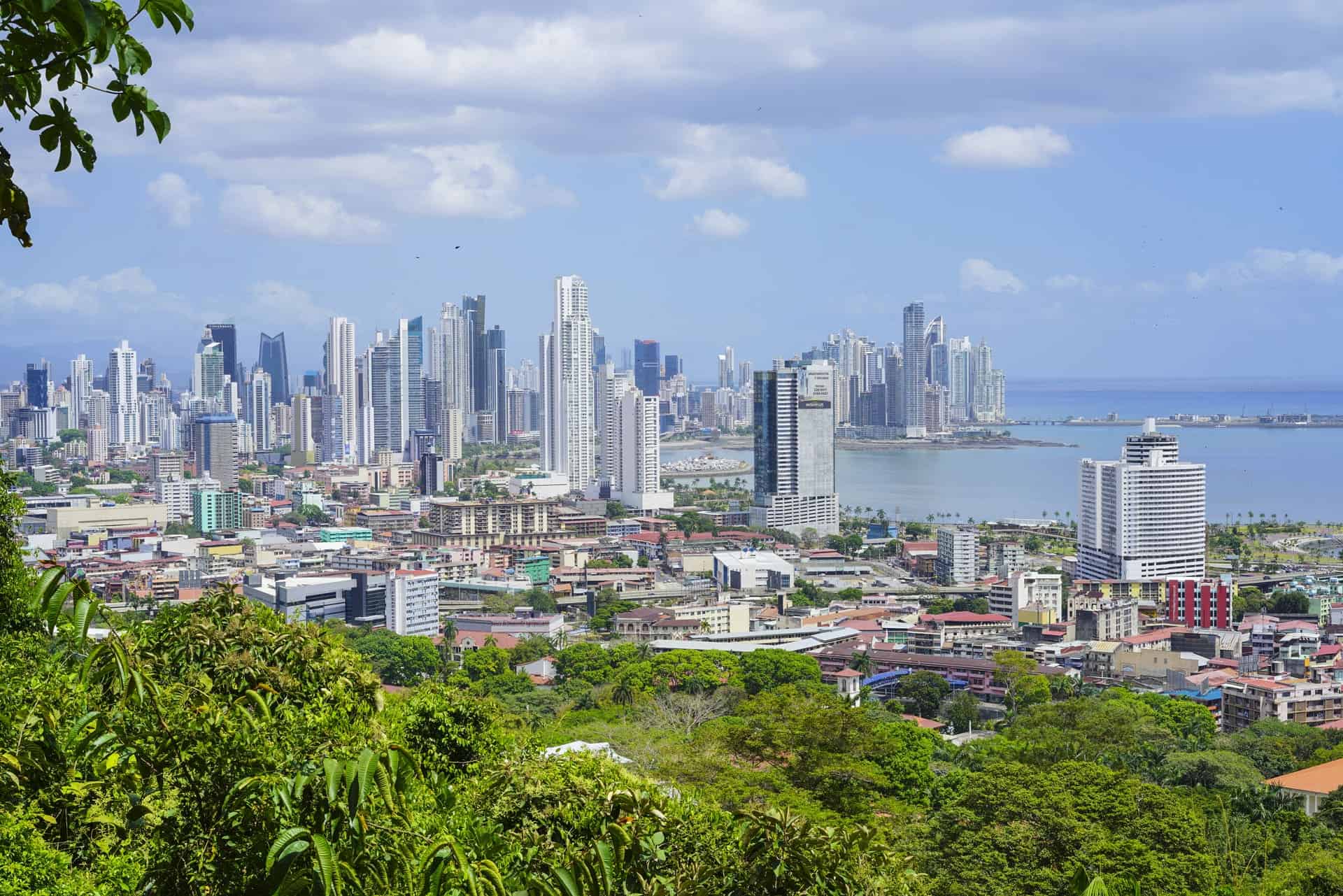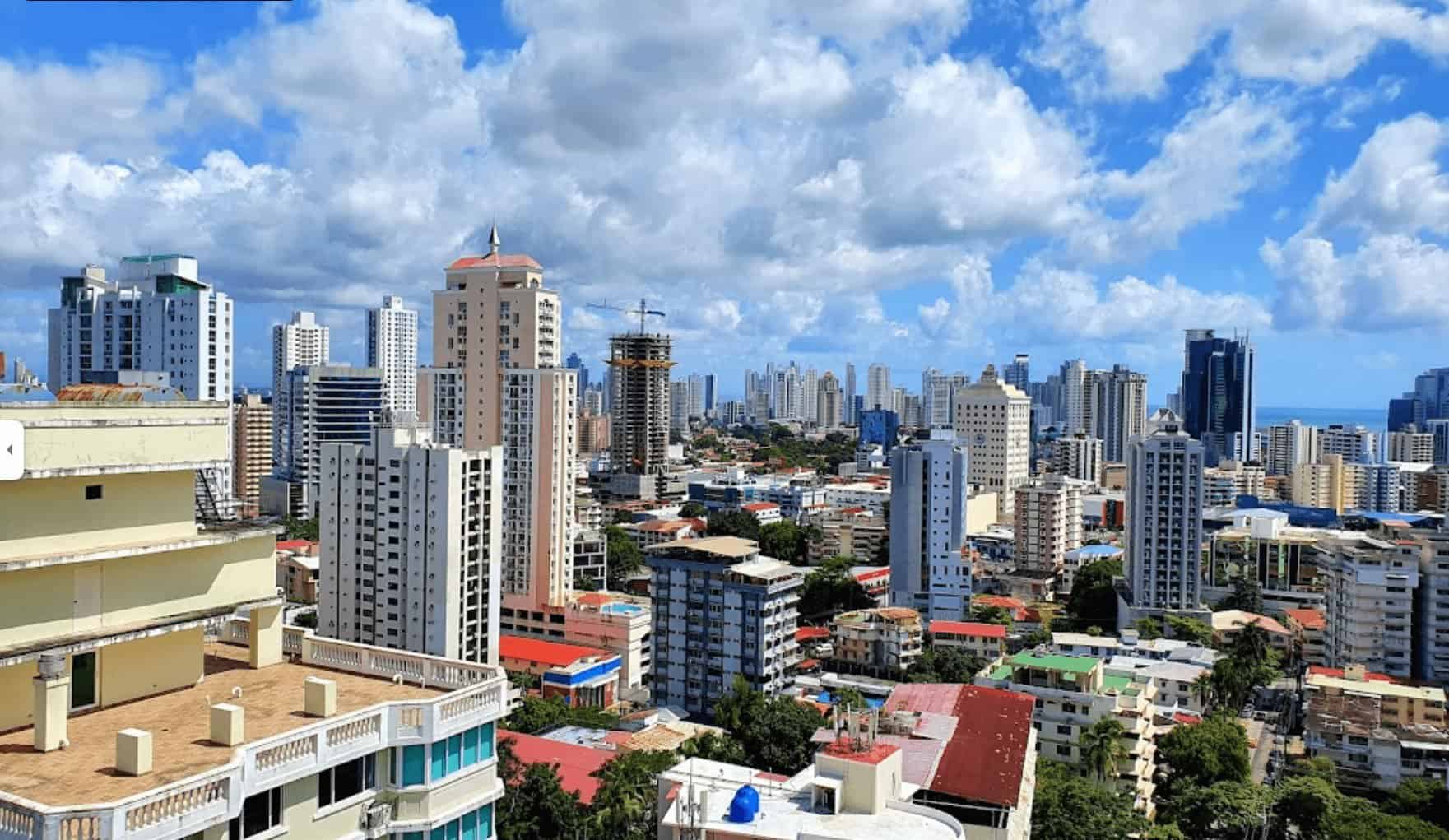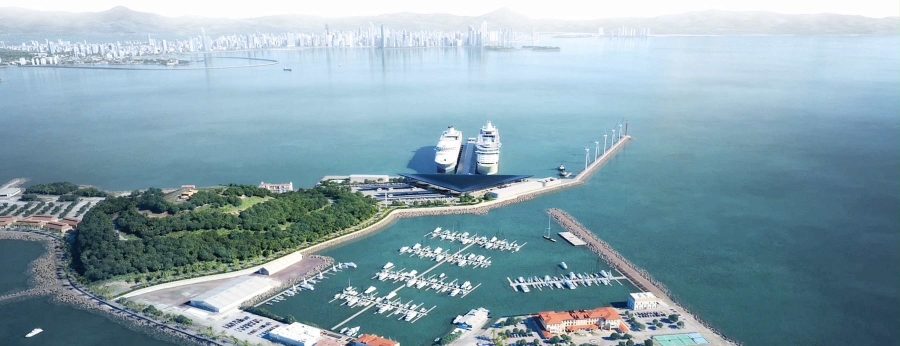In this article, we will shed light on Panama’s Public Registry, an institution pivotal to Panama’s legal and economic tapestry. Whether you’re an investor eyeing the vibrant markets of Panama, an expat planning to settle in this beautiful country, or a resident navigating property and business landscapes, understanding the Public Registry is essential. We will delve into the mechanics of how the Public Registry operates, explaining its processes and significance in legal and commercial transactions. We explore its critical role in safeguarding legal rights, ensuring transparency, and fostering economic development – aspects crucial for anyone involved in property or business dealings in Panama. Furthermore, we address the often-overlooked yet significant consequences of non-registration in the Public Registry. Join us as we unravel the intricate details of the Public Registry, offering insights that are not only informative but also imperative for successfully navigating Panama’s legal and property realms.

Overview of the Public Registry in Panama
The General Registrar of Property, now known as the Public Registry of Panama, was established under Law No. 13 on January 27, 1913, during the initial term of Doctor Belisario Porras as a division within the Secretary of Government and Justice. This institution possesses autonomous status, complete with its own legal identity, assets, and internal administrative, functional, budgetary, and financial independence.
The Panama Public Registry is crucial to real estate transactions as it serves as the official record keeping authority, documenting property ownership, liens, and other relevant details. It provides transparency, legal certainty, and facilitate due diligence, ensuring buyers have accurate information before engaging in real estate transactions in Panama. Panama Public Registry is also central repository of information about various types of registered entities in Panama. These entities encompass corporations, limited liability companies, partnerships, foundations, and more. Comprehensive data concerning these entities, including their legal standing, ownership, directors, registered addresses, and other pertinent details, are maintained by the registry. Its primary mission is to facilitate business activities within Panama while advancing transparency within the corporate sector.
How the Panama Public Registry Works
To officially establish ownership of a property in Panama, it must be duly recorded in the Public Registry of Panama. Properties in Panama can fall into two categories: titled properties or those held under the Rights of Possession (ROP). ROP properties are those that lack formal registration in the Public Registry, unlike titled properties. Titled property is the preferred type due to its ease of verification within the Public Registry system, and it is distinguished by a unique “Finca Number”. This type of property offers the highest level of security from both a Panama real estate law and investment perspective, as private property rights are constitutionally guaranteed by the Republic of Panama.
A. Requirements for Titling Real Estate in Panama
- A notarized power of attorney.
- An application for title.
- A certificate specifying the contract related to the purchase of the right of possession.
- Certification issued by the relevant governmental authority, confirming possession rights.
- The original blueprint, certified by a qualified engineer.
- Certification from the Municipal Council, indicating no objections to the title application.
B. Procedure for Property Title Acquisition in Panama
The process to title property in Panama follows these steps:
- Initial Documentation Gathering: The interested party collects the necessary documentation for review. Subsequently, a qualified engineer conducts a property inspection and issues an official report assessing the feasibility of obtaining the title.
- Public Announcement of Titling Notice: The relevant titling notice is publicly posted on the Official Bulletin Board of the corresponding government institution. It is also published in a nationally circulated newspaper.
- Certification of Official Appraisal: The official appraisal is certified through the Department of Cadastre of the Ministry of Economy and Finance (MEF) and the Comptroller’s Office.
- Payment to the State: A payment must be made to the government for the titling process, and the amount is calculated based on the government-established price per square meter.
- Granting of Title: The property title is officially granted with the issuance of the Official Resolution, which must be registered with the Public Registry.
C. Accessing Public Records
The Public Registry offers an online platform that allows individuals to access information related to real estate properties. This information encompasses details such as property ownership, boundaries, location, existing mortgages, liens, and other pertinent information. To validate the authenticity of a property title deed (known as “Escritura Pública de Compraventa”), you have the option to request a property report (referred to as an “informe registral”) directly from the Public Registry. This report provides a comprehensive account of the property’s ownership history and any burdens or liens associated with it. The process of verifying a property title deed holds significant importance in ensuring the legal validity of a real estate transaction. It entails cross-referencing the information on the deed with that found in the Public Registry and confirming that the property is devoid of any legal disputes or outstanding debts.

Importance of the Public Registry
The Public Registry of Panama is a government entity that is responsible for maintaining a centralized record of all public documents and legal transactions in Panama. Here are some of the reasons why The Public Registry of Panama is important:
- Protection of Legal Rights: The Public Registry safeguards the legal rights of individuals and entities. Maintaining an official record of legal transactions ensures that the legal aspects of these transactions are recognized and can be validated.
- Transparency in Transactions: One of the key roles of the Public Registry is to promote transparency in commercial and legal activities. This transparency is crucial for investors, businesses, and the general public, as it allows them to access reliable information about property transfers, mortgages, liens, business registrations, and other legal transactions.
- Support for Legal and Commercial Activities: For anyone looking to engage in legal or commercial transactions in Panama, the Public Registry serves as an essential resource. The availability of detailed records helps in conducting due diligence, complying with legal requirements, and executing transactions with greater assurance.
- Economic Development: The efficient and transparent functioning of the Public Registry contributes significantly to Panama’s economic development. By providing a system where property rights and business registrations are clearly recorded and easily accessible, the Public Registry fosters a conducive environment for business and investment. This, in turn, attracts foreign investment and boosts local economic activities.
- Digital Platform for Accessing Records: The Public Registry has embraced technology by offering a digital platform that allows users to access public records online. This includes information on real estate, corporations, foundations, and other legal entities. Digital access not only simplifies the process of obtaining necessary documents and information but also enhances the efficiency and effectiveness of the Public Registry.

Consequences of Non-Registration
In Panama, property ownership is categorized into two primary types which are titled properties and Rights of Possession (ROP) properties. It is essential to grasp the distinction between these two categories and understand the potential consequences of not registering a property, especially for those interested in investing in or owning property in Panama. Failing to register a property in the Public Registry, as is the case with ROP properties, can expose individuals to various risks and limitations:
- Lack of Official Recognition: ROP properties do not receive formal recognition in the Public Registry, which can create difficulties in providing proof of ownership.
- Legal Complications: The absence of official registration makes ROP properties more vulnerable to legal disputes and complications, particularly concerning ownership disputes.
- Limited Financial Opportunities: ROP properties may encounter restrictions when it comes to using the property as collateral for loans or engaging in other financial transactions because they lack official registration.
- Conversion Possibility: While it is possible to convert ROP properties into titled properties, this process involves meeting specific legal requirements. Until conversion is completed, the risks associated with ROP properties persist.
ROP properties provide a means of possessing land in Panama, but they do come with inherent risks and limitations due to their lack of formal registration in the Public Registry.
Conclusion
In conclusion, our exploration of the Public Registry in Panama reveals its important role in the country’s legal and economic landscape. Essential for investors, expats, and residents alike, the Public Registry ensures the transparency and legality of property and business transactions. Understanding its workings, appreciating its importance in protecting legal rights, and recognizing the potential consequences of non-registration are key to navigating Panama’s property and business environments effectively. This knowledge not only safeguards your investments but also provides peace of mind, making it an invaluable asset for anyone engaging with Panama’s dynamic markets.






